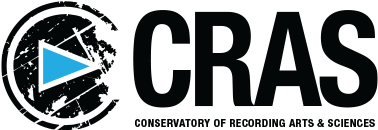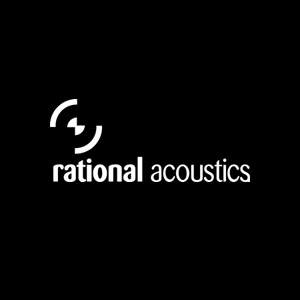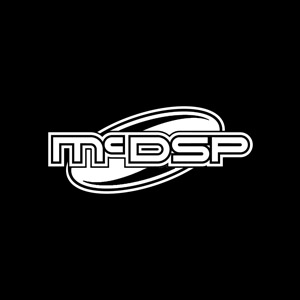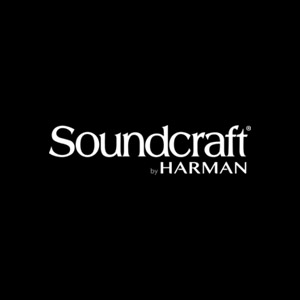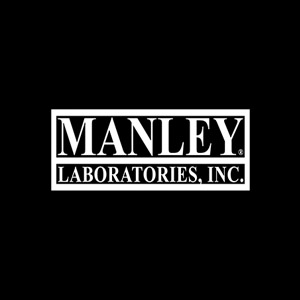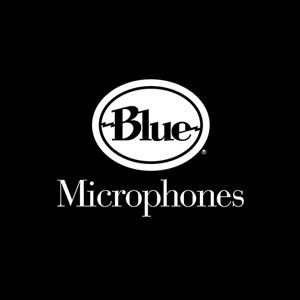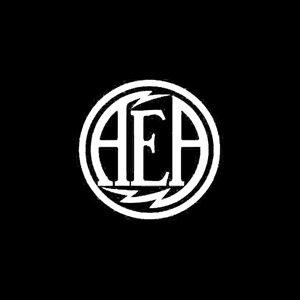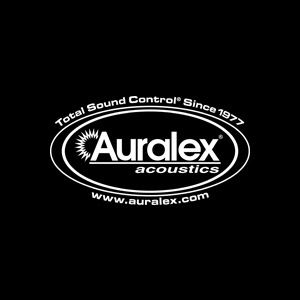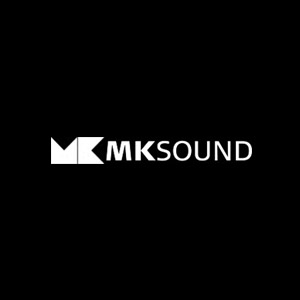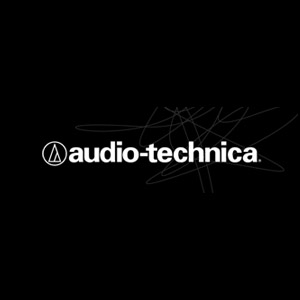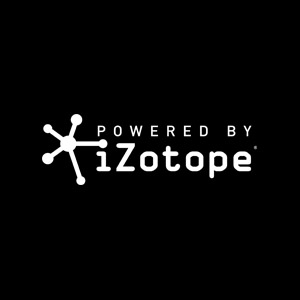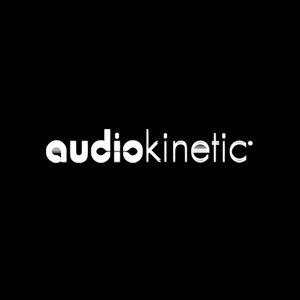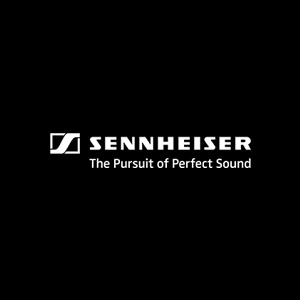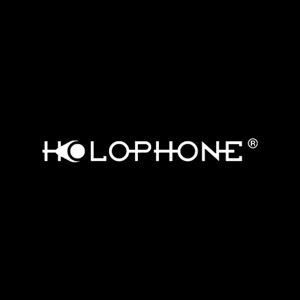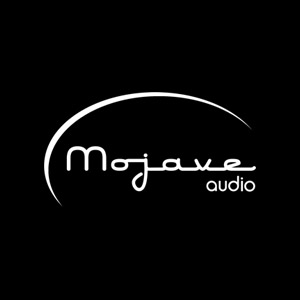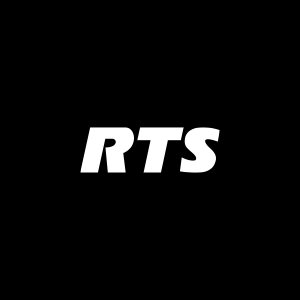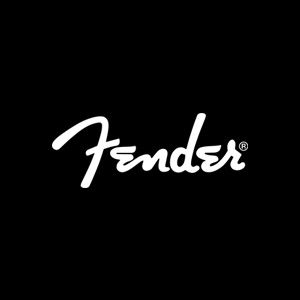Future CRAS Students & Pro Engineers Begin Learning the Trade Early
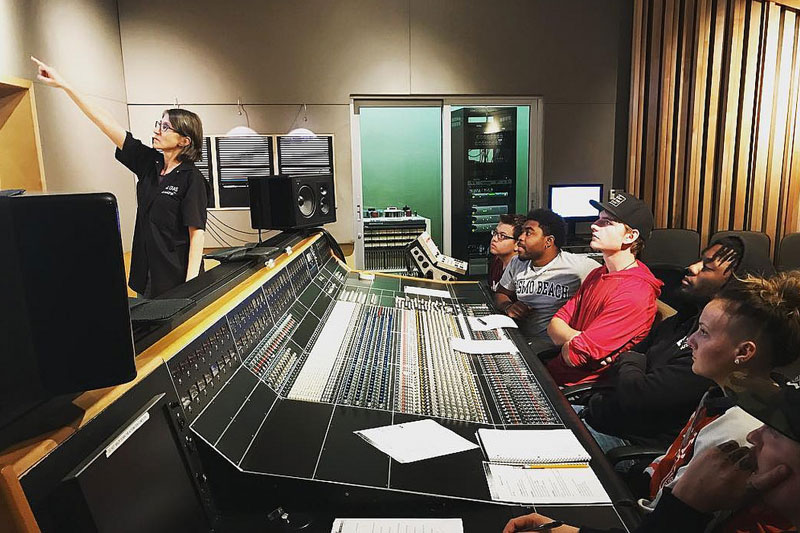
You are never too young to begin learning, and a proper head start is ideal for students to learn their future trade. As such, the Conservatory of Recording Arts & Sciences
(CRAS; www.cras.edu), an institution for audio engineering education, and local Arizona high schools have formed partnerships to help educate and energize the industry’s next generation of professional audio engineers.
“We have begun forging relationships with local high schools in an effort to help the next generation of audio engineers realize and get started upon their passion early and take the steps necessary to get the most out of their high school experience,” explained Kirt Hamm, CRAS administrator. “As both CRAS and these forward-thinking high school instructors believe in a ‘real world education’, it was ideal that we strike this accord. These terrific high school programs provide excellent preparation to enter our realm of education, propelling and preparing students for employment into the five disciplines within the audio recording and production industry.”
Phoenix, Ariz.’s Arcadia High School Creative Musical Arts & Sciences Program has been in existence for nine years, according to Richard Maxwell, who created the program and has been with the high school for 18 years. “Previously to creating the program while I was running the bands and orchestras at the school I was also developing what would become this program over all those years. From a technology standpoint, we focus a lot in studio on Pro Tools. Live sound is also a big part of what we do that is always contingent on what we have available in terms of gear and, more importantly, since it’s a school budget. That said, the real thrust of the program is the students’ creative process, so they are creating all of their own material in pretty much any style they want on pretty much any instrument they want and the idea is getting that music to an audience.” Maxwell explained that it initially didn’t really seem like that big of a deal. “But as I look back on it now, the notion of allowing students the opportunity to explore their own musical interests legitimately was something that was missing. The students really get into the idea of all the opportunities that they have available to them. “It does take a considerable amount of student self-discipline and real interest in pushing their own creative process.”
According to Maxwell, many of his students have gone on to CRAS. “I’m always humbled that they want to credit anything they did with me before they got to CRAS. I am certainly glad at least to be a small part of their journey and I have great affinity for CRAS. Not just because of what they do, obviously CRAS’ credentials speak for themselves, but more selfishly because when I was trying to establish my program the endorsement of so many people at the Conservatory really made a difference in terms of legitimizing what was possible for us. I am incredibly grateful to them.”
Paradise Valley High School (Paradise Valley, Ariz.) Video Production / Sound Engineering instructor Tamma Murphy incorporated sound engineering into her curriculum four years ago. “I recognize the importance of good audio, but, had no prior experience with music production,” she explained. “I had a student who was very interested in it and requested that I looked into adding it as an elective. I had no idea what ‘can of worms’ was opening. The student wanted to use Pro Tools, so I ordered a class license. That’s what opened my eyes to this complex, but exciting field of study. I have developed relationships with PVCC’s program and just recently, CRAS. These relationships have helped give credibility and rigor to my sound program. I’ve taken several courses at PVCC and I’m learning along with my students. I’m hoping that more teachers, who also feel they are not qualified to teach music production, will take heart in my experiences and might add this to their programs. It’s been a very challenging, but rewarding undertaking.”
Murphy explained that her students work their way into the back studio with HD10 on a C-24 console where they record live instruments and, with the help of volunteered assistance from audio engineer Scott Leader, learn proper mixing. “In the spring of last year, we had our first Battle of the Bands. Quite the learning curve for live sound. But, with the help of numerous people, it went well. We are planning the second one in February. This is the focus for my advanced group this year.”
Murphy’s first trip to CRAS was just last year. “My students loved it,” Murphy continued. “Afterwards, JR Hamm (CRAS Admissions/HS Specialist) reached out and he has been very helpful. I look forward to developing this relationship with CRAS. It offers a very unique opportunity for my students who are only interested in music and not so much attending a four year college.”
Sam Brindis is a certified Pro Tools instructor, director of the Lake Havasu Performing Arts Center, recording studio owner, and music production instructor at Lake Havasu High School. At LHHS, Brindis developed the Audio/ Music/ Video Production curriculum seven years ago for grades 9-12, with four sections: Intro, Intermediate, and Advanced I & II.
“I felt the need to give back to the community and to help students ignite their passion in these art forms,” Brindis explained. “I have upwards of 35-38 students in these classes at a time, and they can’t believe the facility when they first see it. They love being able to have such a hands on, project-based environment. They love using the technology and space. They make great music and video product.”
Brindis said that he is building an ongoing relationship with CRAS. “I think it’s an awesome facility and educational institution, and I’ve had students attending CRAS after graduating from my program for the past six years,” he said.
The Conservatory of Recording Arts & Sciences is composed of two nearby campuses in Gilbert and Tempe, Ariz. A CRAS education includes Broadcast Audio, Live Sound, Audio Post for Film and TV, Music Production, Commercial Production and Video Game Audio, all taught by award-winning instructors who have excelled in their individual fields. CRAS’ structured programs and highly qualified teaching staff provide a professional and supportive atmosphere, which is complemented by its small class sizes allowing for individual instruction and assistance for students in engineering audio recordings. For over three decades, CRAS has set the standard in Audio Engineering Education, and is continuously seeking avenues that will keep with the spirit of constantly seeking to raise the bar. The curriculum and equipment are constantly being updated to keep pace with the rapid advancements in the music and sound recording industries. CRAS’ course offerings and subject matter have always centered around the skills and knowledge necessary for students’ success in the audio recording industries.
The 11-month program is designed to allow every student access to learn and train in all of the Conservatory’s studios which are comprised with state-of-the-art audio recording and mixing gear, the same equipment used in today’s finest studios and remote broadcast facilities, including Pro Tools 12, API Legacy consoles, SSL AWS consoles, Studer Vista consoles, and much more. All students must complete a 280-hour industry internship to graduate from the Master Recording Program II that may ultimately lead to industry employment. A CRAS graduate was nominated for a 2017 Grammy Award. In addition, 32 CRAS graduates worked on 35 2017 Grammy-nominated albums and songs across 35 categories, of which 11 graduates received multiple credits on nominations.
For more information on the Conservatory of Recording Arts & Sciences, please visit www.cras.edu, contact Kirt Hamm, administrator, at 1-866-757-3059, or email.
